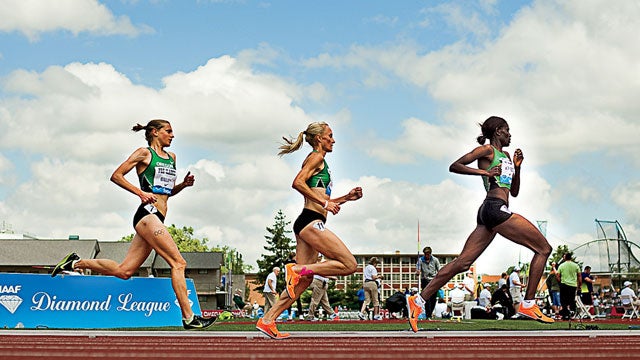All it takes is diet and exercise, but losing weight is improbably hard to do. Keeping it off is even harder, and most diet and lifestyle interventions fail. A review of essentially all available came to the following conclusion:
Long-term multicomponent weight management interventions were generally shown to promote weight loss in overweight or obese adults. Weight changes were small however and weight regain was common.
Why is it so hard to lose weight?
Fatigue Makes Slobs of Us All
Most people live in a low-activity, high-food “obesogenic” world, and it takes constant effort to stay active and eat smart. But why is it so easy to make the wrong decisions? One explanation cites something called . According to this concept, we are confronted with countless choices all day long, but we can only make a certain number of reasoned decisions before our judgment becomes lax.
Many people’s hyper-busy lives have them juggling constantly. As a result, they run out of the psychic energy to consistently generate enough self-discipline to exercise, watch what they eat, and follow health guidelines.
Roy Baumeister, one of the gurus of decision fatigue research and a professor of psychology at Florida State University, describes the results of a simple experiment involving, of all things, cookies and geometry:
Many studies have found that people perform relatively poorly on tests of self-control when they have engaged in a previous, seemingly unrelated act of self-control. For instance, in a study in my lab, we invited some students to eat fresh-baked chocolate-chip cookies, and asked others to resist the cookies and munch on radishes instead. Then we gave them impossible geometry puzzles to solve. The students who ate the cookies worked on the puzzles for 20 minutes, on average. But the students who had resisted the tempting cookies gave up after an average of eight minutes. Such studies suggest that some willpower was used up by the first task, leaving less for the second.
This test helps explain why fatigue from sleep deprivation and are associated with weight gain. In a study using brain imaging to understand those who didn't sleep tended to eat even when they weren't hungry:
Twelve normal-weight male subjects were examined on two sessions in a counterbalanced fashion: after one night of total sleep deprivation and one night of sleep. On the morning after either total sleep deprivation or sleep, neural activation was measured by functional magnetic resonance imaging…. Hunger ratings and morning fasting plasma glucose concentrations were assessed before the scan, as were appetite ratings in response to food images after the scan…. …total sleep deprivation was associated with an increased activation in the right anterior cingulate cortex in response to food images, independent of calorie content and prescan hunger ratings…. Self-reported hunger after the nocturnal vigil was enhanced, but importantly, no change in fasting plasma glucose concentration was found.
These results provide evidence that acute sleep loss enhances hedonic stimulus processing in the brain underlying the drive to consume food, independent of plasma glucose levels. These findings highlight a potentially important mechanism contributing to the growing levels of obesity in Western society.
Tired people are less able to practice self-control than those who get a good night’s sleep. Besides that, they're also more stimulated by what might be described as . (It is hard to imagine anyone craving celery and carrots when they are sleep-deprived.) There is evidence that , too.
All of this is consistent with the idea that we have a limited amount of willpower—and fatigue of any kind impairs our ability to make good choices. This becomes a public health disaster in an environment where the unhealthy choice is frequently the default. For many, it is much easier to choose the drive-through lane than the bike lane.
Managing Decision Fatigue
Here are some tips to help you navigate the decision fatigue minefield we all live in:
- Work out first thing in the morning before the day catches up with you. Many habitual exercisers do this. They may be inadvertently managing decision fatigue.
- Get the junk food out of your environment. Fewer decisions will mean less decision fatigue. My wife and I did this in early 2013, and I have now lost 12–14 pounds . Avoid putting the candy in the cart so you don’t have to struggle keeping it in the pantry.
- Work physical activity into daily tasks. If possible, use active commuting to and from work.
- Reduce decision making. Think about the routine things that can be made automatic—from what you eat for lunch to where you live. Football coach Nick Saban eats the same thing every day to limit the number of trivial decisions he makes. And I choose to remain in a small city to avoid wasting time driving.
- Manage your electronic world. For many of us, the day is artificially extended, and sleep time is squeezed by the friend in another time zone or the buddy who’s always online. Most communication can wait. Getting an extra 30 minutes of sleep will help you make the right choices.
Michael J. Joyner, M.D., is a physiologist and anesthesiologist at the Mayo Clinic and a leading voice in the world of exercise physiology. Over the past 25-plus years, he's published hundreds of studies, many of which have focused on how humans respond to exercise. Dr. Joyner also writes at . The views expressed in his posts are his own and do not reflect those of his employer.


